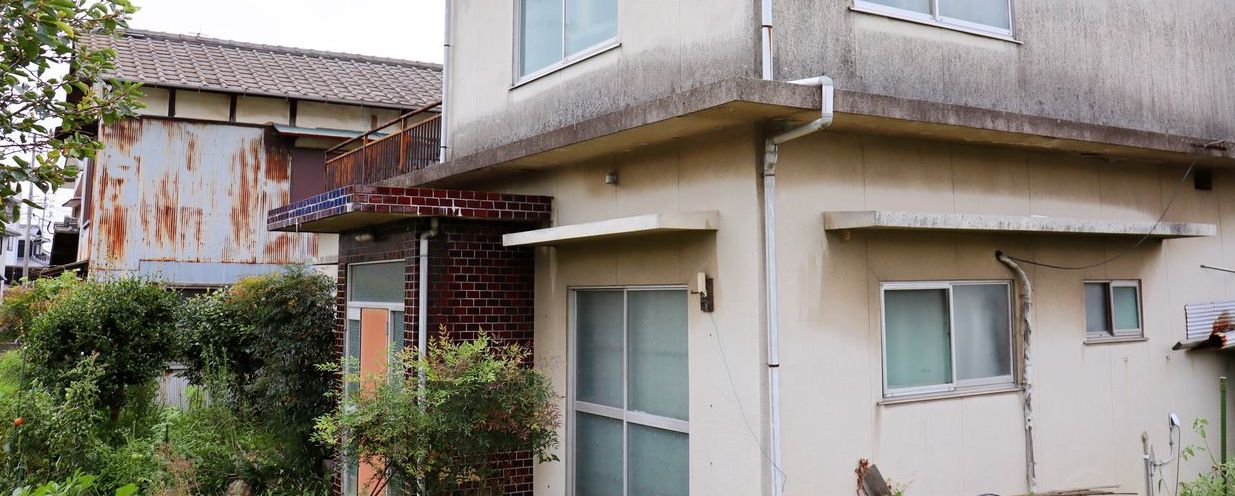2024/08/27
Numbers of Abandoned Houses, Vacant Lots, and Mismanaged Condominiums Increasing; Proper Reutilization of the National Wealth Required

On August 20, 2024, the Ministry of Land, Infrastructure, Transport and Tourism (MLIT) announced a model project for the fiscal year 2024 based on the “Act on Special
Measures Concerning Facilitation, etc. of Use of Land of Unknown Owner.” Twelve advanced cases were adopted, in which the local community and private sector have been working together to promote the utilization of land of unknown owners and underutilized and unutilized land, including the sale of abandoned houses where owners are absent due to waivers of inheritance, integrated utilization of vacant houses and stores in shopping districts, and removal of ruins after a fire and leveling of land being mismanaged.
According to the survey conducted by MLIT in FY2020, owners cannot be traced in 24% of land, of which 63% are due to incomplete registration of inheritance or change of address. The existence of such land with missing owners leads to deterioration in local living environment and degradation of farmland and forests, as well as constraints on private and public works. In 2021, the government revised the law. Registration of inheritance and change of address became mandatory, and inheritance of estates for which more than 10 years have passed since decease could be carried out uniformly according to legal inheritance shares, etc. Also, a system of escheating inherited land to the national treasury was established.
The same is true for condominiums for sale. The number of condominiums in stock as of the end of 2022 was 6,943,000, of which 1,257,000 were 40 years old or older (estimated by MLIT). Regarding this, the Act on Advancement of Proper Condominium Management and the Act on Facilitation of Reconstruction of Condominiums were revised in 2020. However, the management standards have been seriously declining due to missing owners or houses being unoccupied. In order to address the “two types of aging,” which are buildings and people who live in them, MLIT supports large-scale repairs, renovation to extend the life of condominiums in stock, reconstruction, and optimization of management standards through the “Model Project for Extending the Life of Condominiums Stock, etc.” and other programs.
Traditionally, land has been the property itself, namely the source of future profits, and therefore, laws and regulations such as the City Planning Act and Cropland Act were enacted to restrict unregulated “utilization.” It means that housing abandonment was not expected in the past. Condominiums, which used to be a symbol of “utilization,” are now aging. It is estimated that the number of condominiums for sale that are 40 years old or older will exceed 4 million units by the early 2040s. The increase in mismanaged condominiums is just a liability for the future. In “shrinking Japan,” a certain decline in stock assets is inevitable. Therefore, it is necessary to review the definition and system of national land values and restructure how “utilization” should be done.
This Week’s Focus, August 23
Takashi Mizukoshi, the President